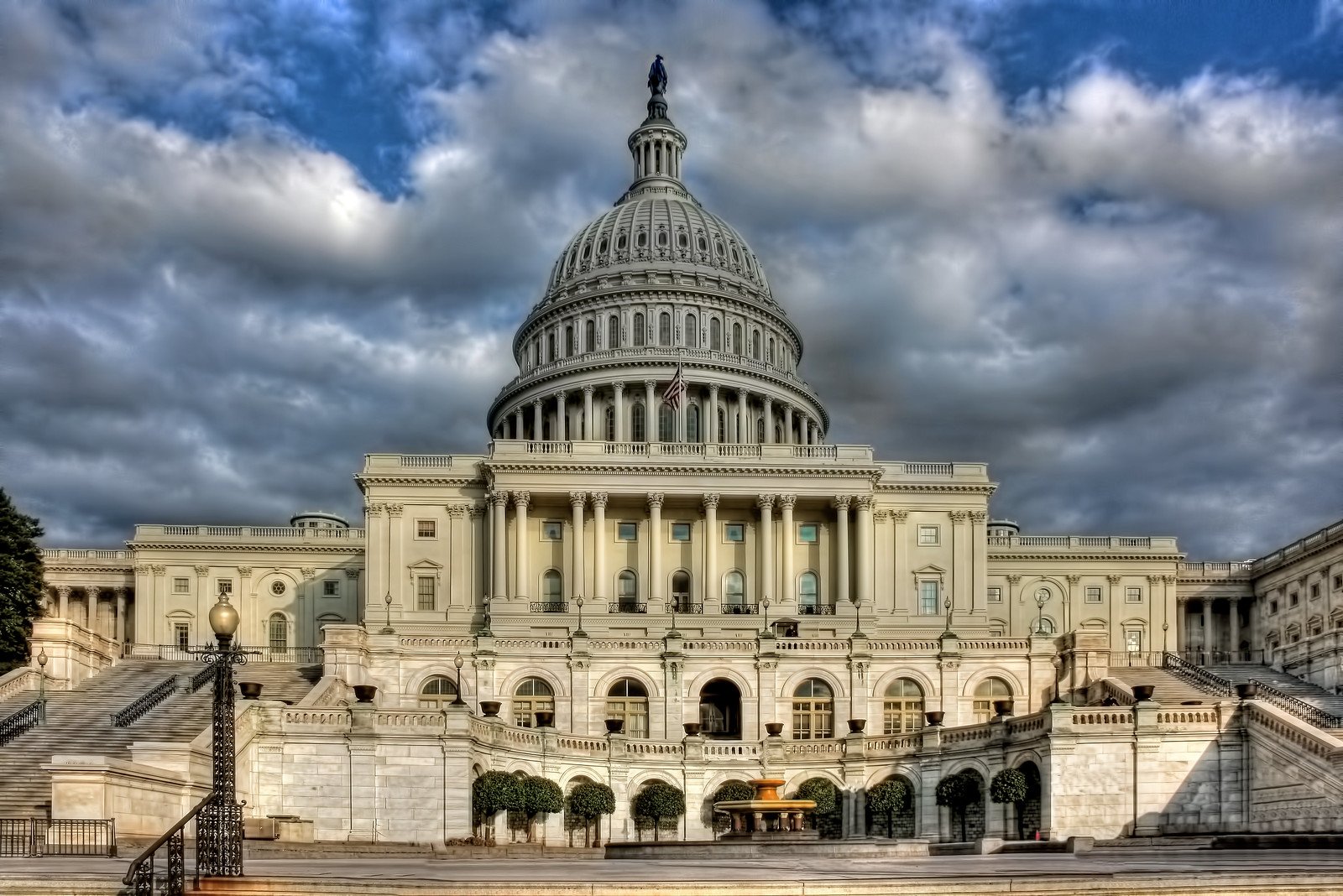
Key Takeaways
- Supreme Court ruling curbs administrative overreach, benefiting Bitcoin.
- Bitcoin mining industry gains a more favorable regulatory environment.
- Major question doctrine reinforced, aiding challenges to regulatory overreach.
A recent Supreme Court ruling has ended administrative agencies’ ability to unilaterally enforce substantial new regulatory requirements.
6-3 vote
In a landmark decision on June 28, 2024, the Supreme Court of the United States, by a 6-3 vote, overruled the longstanding Chevron doctrine.
This case, Loper Bright Enterprises v. Raimondo, fundamentally reshapes administrative law and judicial review.
The ruling, which echoes last year’s West Virginia v. EPA decision, benefits the Bitcoin industry significantly.
How it works
The Chevron doctrine required courts to defer to agency interpretations of ambiguous statutes if the interpretation was deemed reasonable.
In Loper Bright, petitioners challenged a National Marine Fisheries Service (NMFS) rule requiring Atlantic herring fishermen to bear the cost of onboard observers. The lower courts upheld the NMFS rule under Chevron deference, but the Supreme Court’s ruling dismantled this deference.
Chief Justice Roberts, writing for the majority, emphasized that the Administrative Procedure Act (APA) requires courts to exercise independent judgment when interpreting statutes.
He stated:
Chevron defies the command of the APA that ‘the reviewing court’—not the agency whose action it reviews—is to ‘decide all relevant questions of law’ and ‘interpret…statutory provisions.’
Impact on Bitcoin
This decision significantly impacts the Bitcoin mining industry by curbing the ability of agencies to unilaterally expand their regulatory reach, ensuring that any future regulatory attempts will require explicit and unambiguous congressional authorization.
This creates a more favorable environment for Bitcoin miners, who rely on stable access to power and other resources.
The ruling invigorates the major question doctrine, allowing Bitcoin miners to challenge regulatory overreach more effectively.
Recent pressure on mining
Recent developments have seen increased oversight on U.S. Bitcoin mining, portraying electricity usage by miners as a significant threat to national grid stability.
This ruling helps counter such overreach, promoting a more predictable and supportive regulatory environment for the Bitcoin industry.




